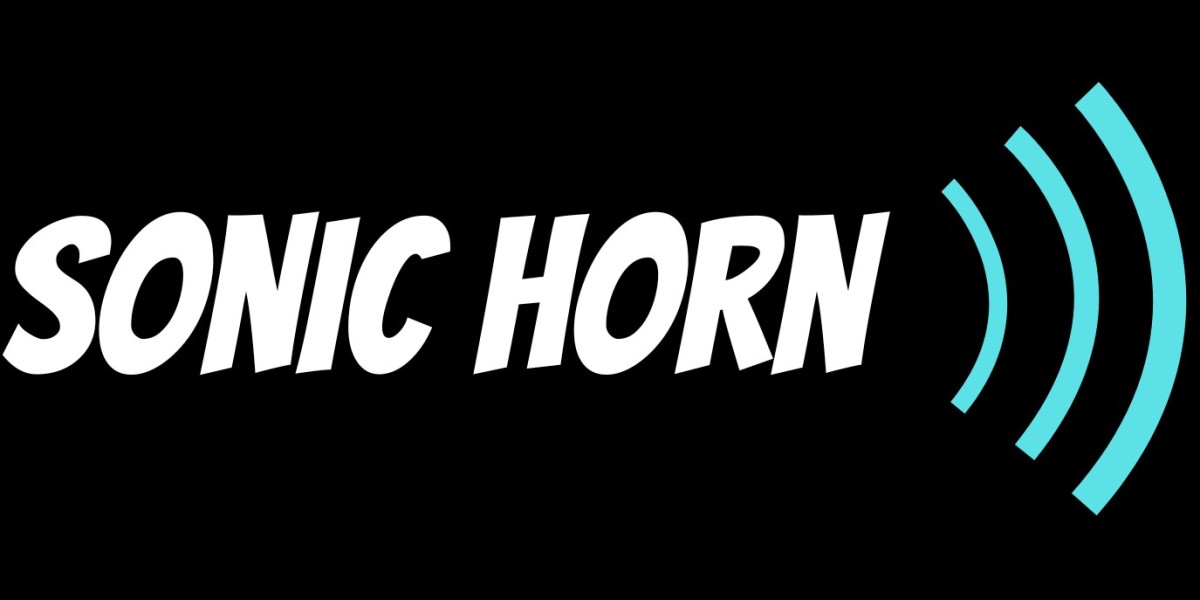Introduction
When selecting a custom car horn, sound quality is just as important as loudness. A horn’s tone, clarity, and ability to cut through ambient noise directly impact how effective it is at alerting others and contributing to your vehicle’s character. This article explains why sound quality matters and how to choose a horn with excellent acoustic performance.
The Role of Volume in Safety
The loudness of a horn is measured in decibels (dB). While louder horns ensure you’re heard over traffic noise, extreme volume can sometimes cause discomfort or legal issues. Finding a balance between loudness and sound quality is key.
Tone and Pitch
Not all horns sound the same. Some produce harsh, single-frequency beeps that can be unpleasant or less noticeable. Dual-tone horns combine two frequencies for a richer, more pleasant sound that cuts through noise better. Musical and novelty horns add unique character but must maintain clear tones.
Clarity and Sound Projection
A horn with good sound projection ensures the alert carries over long distances and through noisy environments. Horns with muffled or distorted tones reduce effectiveness and may confuse listeners.
Matching Sound to Environment
Urban drivers benefit from clear, mid-volume tones that aren’t excessively disruptive. Rural or off-road drivers might prefer louder, more powerful sounds for open areas.
Testing and Choosing Horns
Listening to sound samples or testing horns in person helps you find one that meets your sound quality standards.
Trusted Sources for Quality Sound
For horns with excellent acoustic design and reliability, visit Novelty Car Horn.
Conclusion
Sound quality influences how well your horn communicates and complements your vehicle’s style. Choose a horn with balanced loudness, rich tones, and clear projection to stay safe and sound great on the road.







